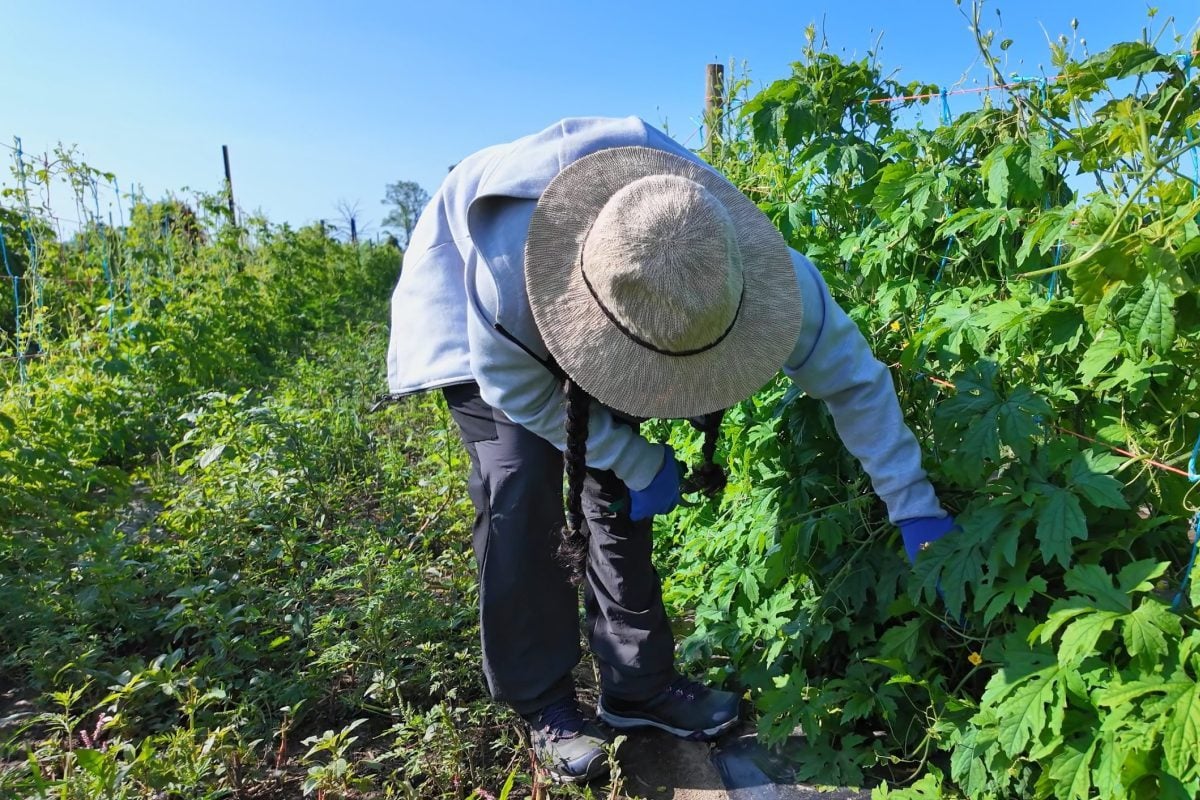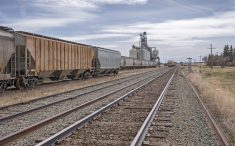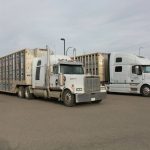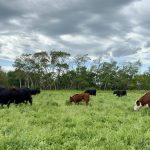OTTAWA — The World Trade Organization is expected to release its fourth ruling on the United States country-of-origin labelling law on May 18.
It is expected this most recent challenge against the mandatory rule will be in Canada’s favour, giving it the right to apply for retaliatory tariffs against U.S. imports on everything from live animals to mattresses.
“Our view is after May 18 we need to increase the message to make the issue seem as real and imminent as possible,” said John Masswohl of the Canadian Cattlemen’s Association at the CCA’s annual meeting held in Ottawa March 10-12.
Read Also

Strong borders bill could increase temporary foreign worker vulnerability says National Farmers Union
The National Farmers Union (NFU) says Bill C-2, called the Strong Borders Act, might increase the vulnerability of temporary foreign workers.
If the U.S. government does not change the law that affects the importation of live hogs and cattle in a satisfactory manner, Canada and Mexico can act.
Before tariffs are imposed, Canada must collect information on the actual damage to the Canadian industry before the trade body approves anything. The tariffs could be punishing at 100 percent and would effectively halt trade.
Even if the U.S. appeals against the tariffs, they stay in place until the issue is resolved once and for all. That process could take another two years.
Canada wants the red meat section of the law repealed, which went into effect in 2008. It is estimated to have cost the beef and pork sectors about $1.1 billion by slowing exports and requiring separation of Canadian animals at processing plants. The retail labels must then provide a history of where the animals were born, raised and slaughtered.
In 2014, the chair of the U.S. agriculture committee suggested a North American label as a possible fix but it was not feasible because it left no opportunity for processors to voluntarily label domestic meats as product of the U.S.
Contact barbara.duckworth@producer.com















